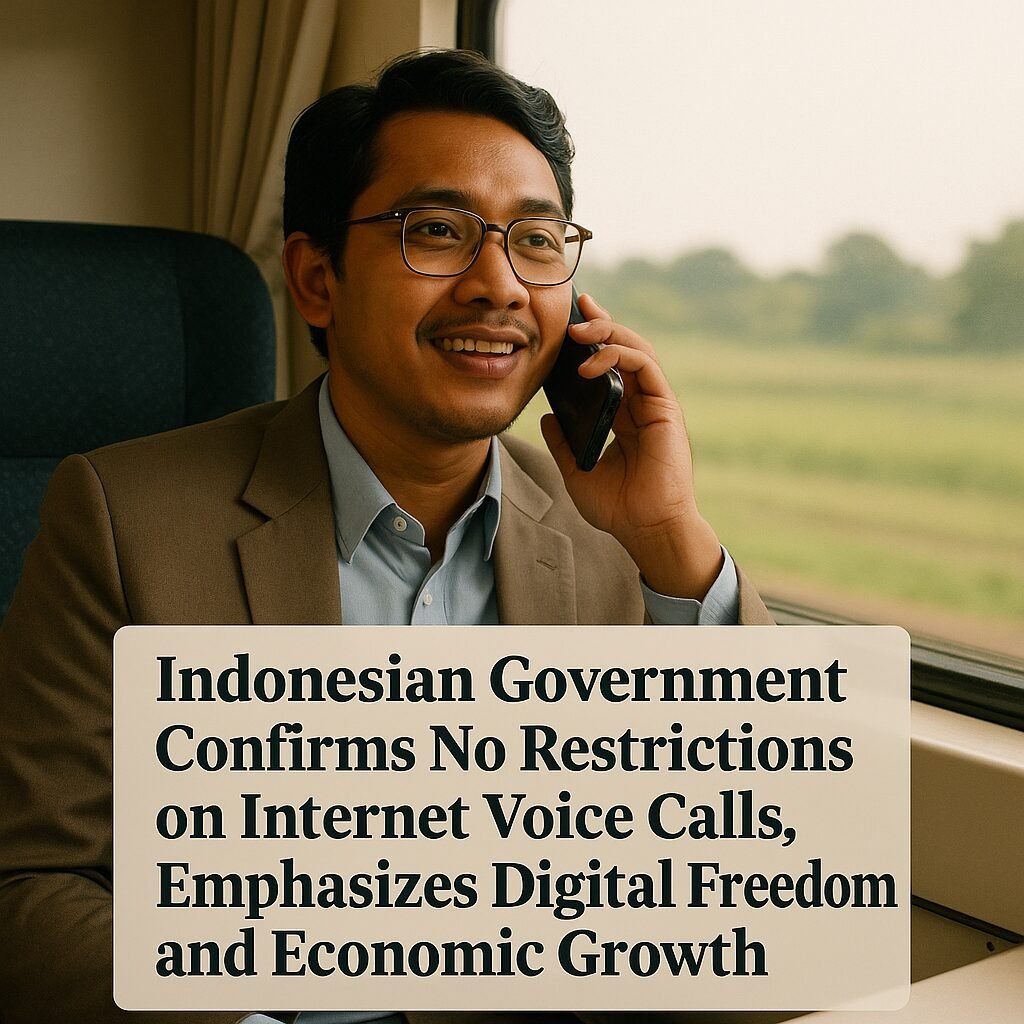- Indonesia will not restrict internet-based voice calls like WhatsApp and VoIP.
- Decision promotes digital inclusivity and economic growth while balancing digital freedom and security.
- Government must ensure digital security amidst open access to communication tools.

The Indonesian government, as stated by its Communications and Digital Minister, Meutya Hafid, has announced that there are no plans to restrict internet-based voice calls, specifically through applications such as WhatsApp and Voice over Internet Protocol (VoIP). This declaration came amidst growing speculation surrounding the possibility of such limitations. The news, sourced from ANTARA News Jawa Timur, is a clear indication of Indonesia’s commitment to ensuring open and unrestricted access to digital communication tools for its citizens.
The implications of this decision are multi-faceted. For starters, it signifies the government’s stance on digital freedom. In an era where digital communication is integral to personal and professional lives, this decision may be seen as a move to foster digital inclusivity. This move could also be interpreted as a strategic decision to promote economic growth. By allowing unrestricted access to these digital communication tools, Indonesia is potentially fostering an environment conducive for the Digital Economy Growth to 2031">Economy Growth to 2031">digital economy to thrive. The unrestricted use of VoIP and apps like WhatsApp could spur innovation in various sectors including, but not limited to, e-commerce, telecommunication, and digital services.
However, this decision may not be without challenges. The government, while promoting digital freedom, also has the responsibility of ensuring digital security. The lack of restriction on internet-based voice calls might expose users to potential risks, such as data privacy breaches and cyber threats. Therefore, it’s crucial for the government and relevant stakeholders to ensure that while digital freedom is upheld, digital security is not compromised.
In conclusion, the Indonesian government’s decision indicates a positive stance towards digital freedom and the growth of the digital economy. However, it also underscores the importance of striking a balance between digital freedom and digital security. The direction the government takes in navigating this complicated landscape will have significant implications for Indonesia’s digital future.

